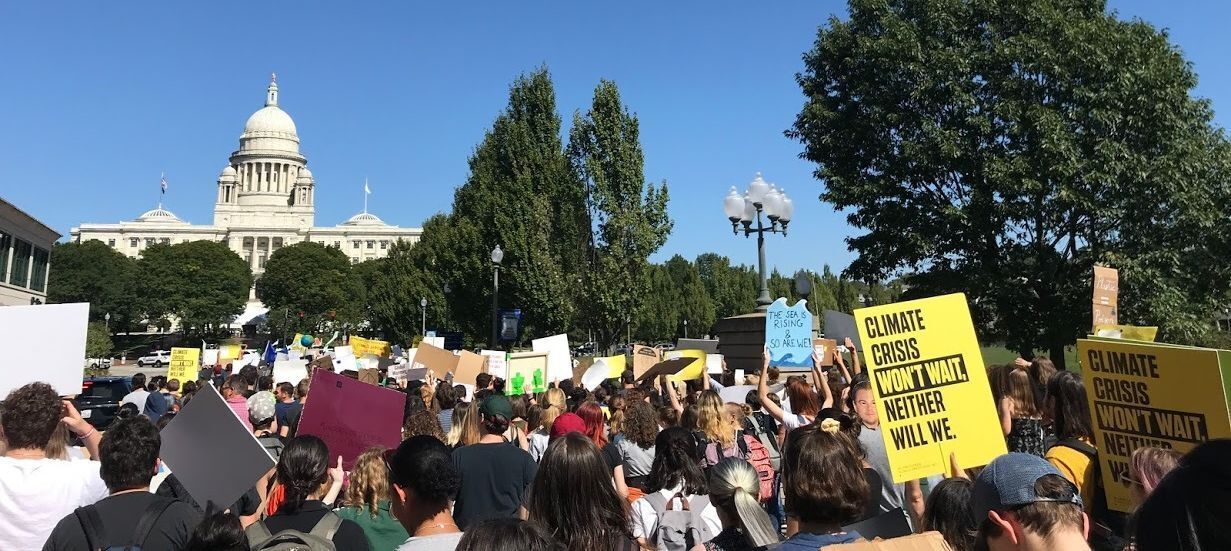
Take Action with Audubon
Where Advocacy Takes Flight
Audubon Society of Rhode Island knows our strength is our 17,000 members. We believe that you know your community’s connection to birding and nature better than anyone. As part of our ongoing efforts to advocate on our priorities, we’d like to engage you in new and exciting ways and work together to accomplish our mission.
Upcoming Events & Opportunities:
Subscribe to Audubon Emails
In addition to Audubon's general monthly eWing Newsletter, you'll receive our Eagle Eye Advocacy Newsletter, which will share ways you can take action with Audubon and in your community.

















